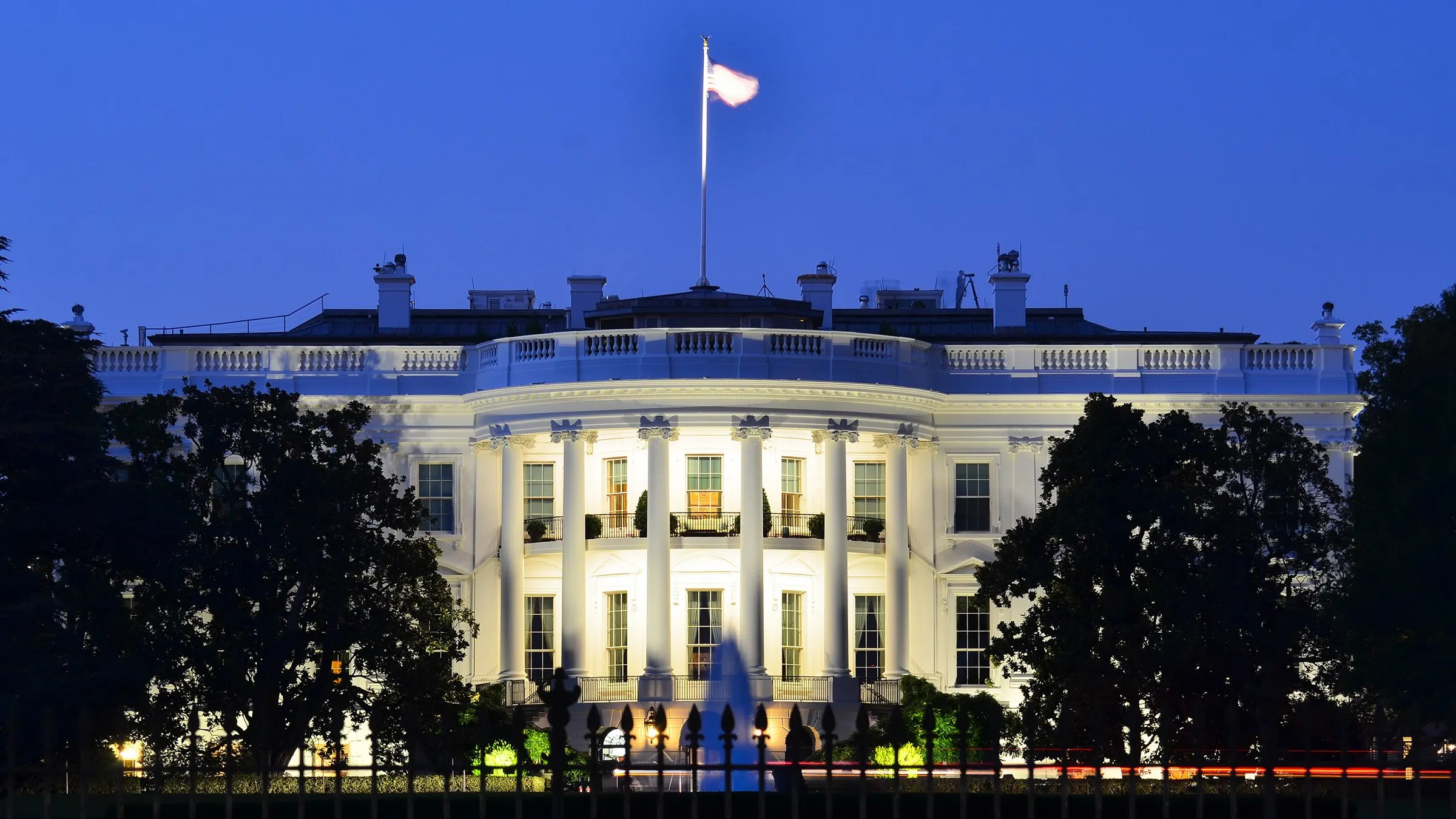A proposed 30% excise tax on cryptocurrency mining firms was the focus of a report released by the White House on Tuesday, in which the administration reiterated its stance that pinching miners’ profits is in the best interest of American communities and the environment.
“Firms do not have to pay for the full cost they impose on others,” the report states, adding that the proposed tax “encourages firms to start taking better account of the harms they impose on society.”
The proposed excise tax would impact digital asset miners beginning in 2024 and require any such firm to pay Uncle Sam a tax that’s based on their associated electricity costs—starting out at 10% and ticking up each year until it reaches 30%.
The White House’s 2024 budget, which introduced the tax in March, estimates that it could help the government reduce its deficit by $74 million in the first year, potentially growing to $444 million by the fiscal year 2033.
Under the official name of the Digital Asset Mining Energy (DAME) tax, it applies equally to digital asset miners that earn income by validating transactions on proof-of-work networks like Bitcoin and proof-of-stake networks like Ethereum, despite having vastly different levels of energy consumption.
The report estimates that crypto miners in the U.S. consumed around 50,000 gigawatt hours of electricity in 2022 between Bitcoin and Ethereum, almost as much as televisions and notably more than home computers.
In order to estimate these numbers, the White House started with global estimates of crypto mining power use and segmented out a representative fraction for U.S.-based Bitcoin and Ethereum operations.
As part of the proposed tax, digital asset miners would be required to disclose the amount of electricity they use, its source—whether it’s from renewables or not—and its associated value. It also applies to power generated off-grid, such as converting what would otherwise be wasted natural gas.
Among those critical of the proposed tax was investment firm a16z’s Head of Policy Brian Quintenz, who called attention to its focus on electricity as opposed to carbon emissions.
“So, apparently it doesn’t matter where the electricity comes from,” he said on Twitter. “If the government doesn’t like how you use the energy, you’ll be penalized.”
Aside from raising environmental concerns, the administration argues that digital asset mining disproportionately impacts communities of color because of pollution and drives up renewable energy costs. The report also makes a value judgment on crypto.
“Cryptomining does not generate the local and national economic benefits typically associated with businesses using similar amounts of electricity,” it states. “Instead, the energy is used to generate digital assets whose broader social benefits have yet to materialize.”
A day after the White House report was released, the Democratic presidential candidate Robert F. Kennedy Jr. seized on the administration’s logic, aligning himself more closely as an advocate of digital assets after calling out a so-called “war on crypto” the day before.
“Bitcoin mining uses about the same as video games, and no one is calling for a ban on those,” he said on Twitter. “The environmental argument is a selective pretext to suppress anything that threatens elite power structures.”
Daily Debrief Newsletter
Start every day with the top news stories right now, plus original features, a podcast, videos and more.

